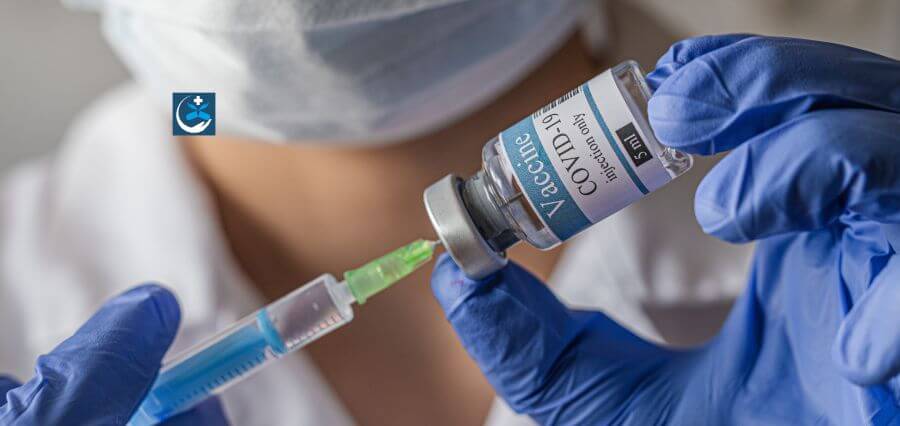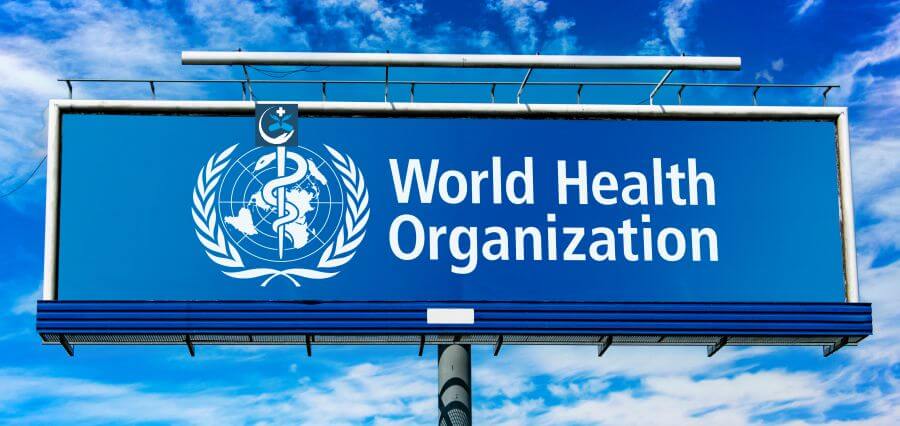A big European study published in Heart reveals that COVID-19 vaccines lower the risk of heart failure and blood clots in veins or arteries for at least 6 months following SARS-CoV-2 infection.
From January to July 2021, University of Oxford researchers conducted a staggered cohort study using electronic health data of 10.2 million vaccinated and 10.4 million unvaccinated COVID-naïve individuals. The study was based on nationwide COVID-19 immunization campaigns in the UK, Spain, and Estonia.
The Alpha and Delta versions dominated the study period. Participants comprised adults of all ages as well as those who were at high risk for unsatisfactory COVID-19 outcomes.
Untangling the hazards of illness and immunization
The study analyzed all COVID-19 vaccines available in Europe throughout the study period, including AstraZeneca/Oxford, Pfizer/BioNTech, Johnson & Johnson (J&J), and Moderna.
The study’s primary outcomes were ischemic stroke (IS), hemorrhagic stroke, transient ischemic attack (TIA), ventricular arrhythmia/cardiac arrest, myocarditis/pericarditis, myocardial infarction (MI, or heart attack), heart failure (HF), pulmonary embolism (PE), and deep vein thrombosis (DVT). Venous thromboembolism (VTE) was defined as a combination of PE and DVT, and arterial thrombosis/thromboembolism (ATE) was a combination of IS, TIA, and MI.
While COVID-19 vaccines have proven effective against infection, hospitalization, and death, the authors noted that there have been reports of unusual blood clots after receiving adenovirus-based COVID-19 vaccines (AstraZeneca and J&J), as well as a link between mRNA vaccines (Pfizer and Moderna) and a small risk of myocarditis.
“On the other hand, SARS-CoV-2 infection can trigger cardiac and thromboembolic complications,” they wrote. “Previous studies showed that, while slowly decreasing over time, the risk for serious complications remain high for up to a year after infection.”
Furthermore, the risk of clots and myocarditis, or inflammation of the heart muscle, is significantly higher during COVID-19 infection than after vaccination.
Read More: Click Here







